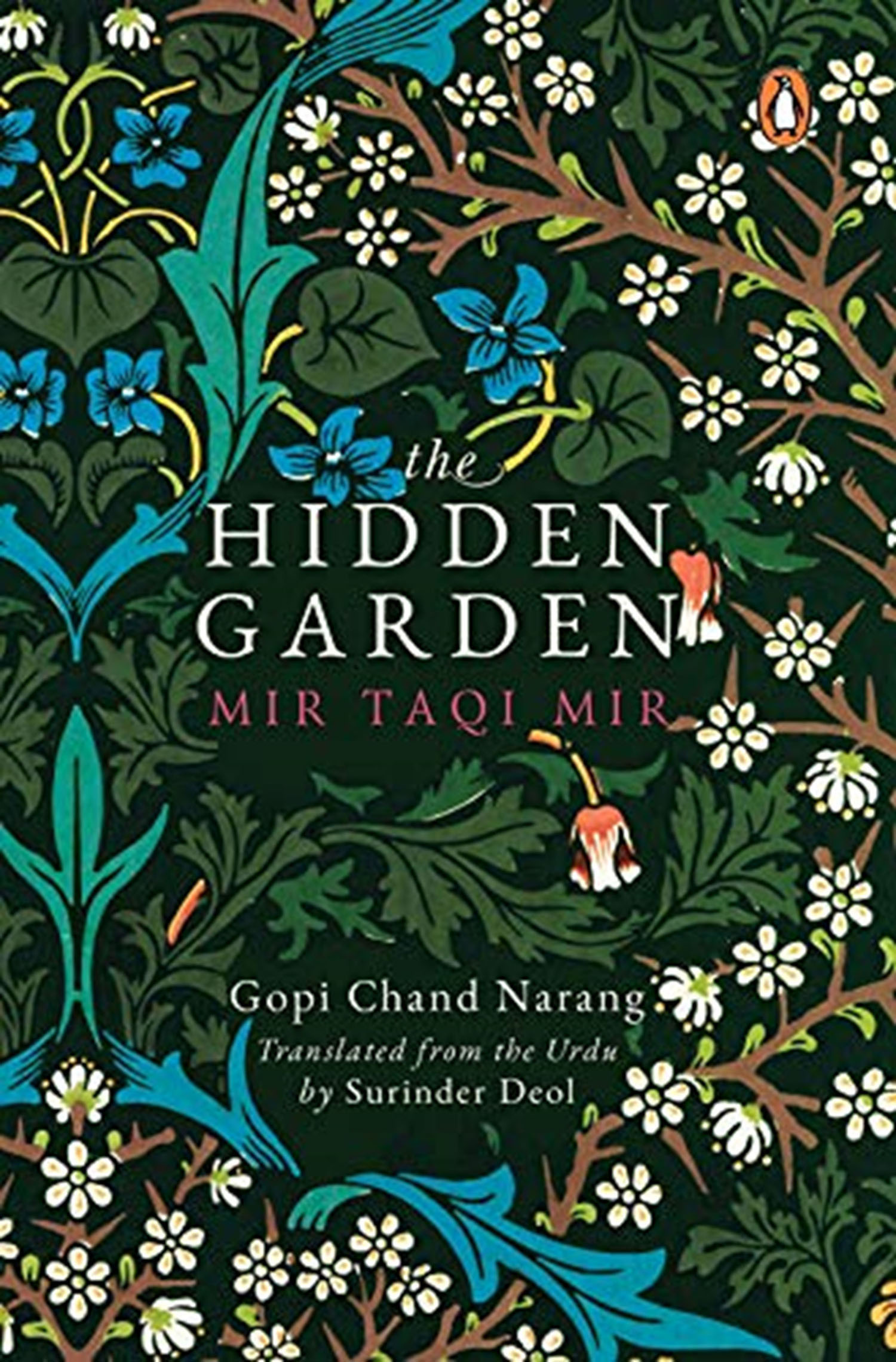Does profoundness stem from simplicity? Do the unending complexities and deeper truths that elude religion, psychology and politics, become viewable in verses made up of simple words charged with captivating verbal richness? Does elegant and sophisticated simplicity stamp out the notion of simplistic meaning that a familiar or worn-out idiom produces? These questions banded with beguiling simplicity in poetry assume greater importance when one sets eyes on the oeuvre of iconic Urdu poet Mir Taqi Mir (1723-1810).
His huge poetic text, unencumbered by overtly fanciful language, fashions ubiquitous but illusory labelling that describes Mir as a poet of simplicity and flow. His nuanced and multilayered poetry is read through the prism of his personal life that is largely explained in terms of agony, terrible hardship, alienation, a deep sense of loss and unusual disdain for others. Much ink has been expended over Mir’s voluminous and lucent opus but no serious attempt has been made to spell out what the defining features of the creative opus of Mir are. Professor Gopi Chand Narang’s succinctly rendered and judicially argued book, The Hidden Garden: Mir Taqi Mir, seeks to upend the dominant critical narrative by unravelling various layers of the ‘deceptive simplicity’ of Mir.

